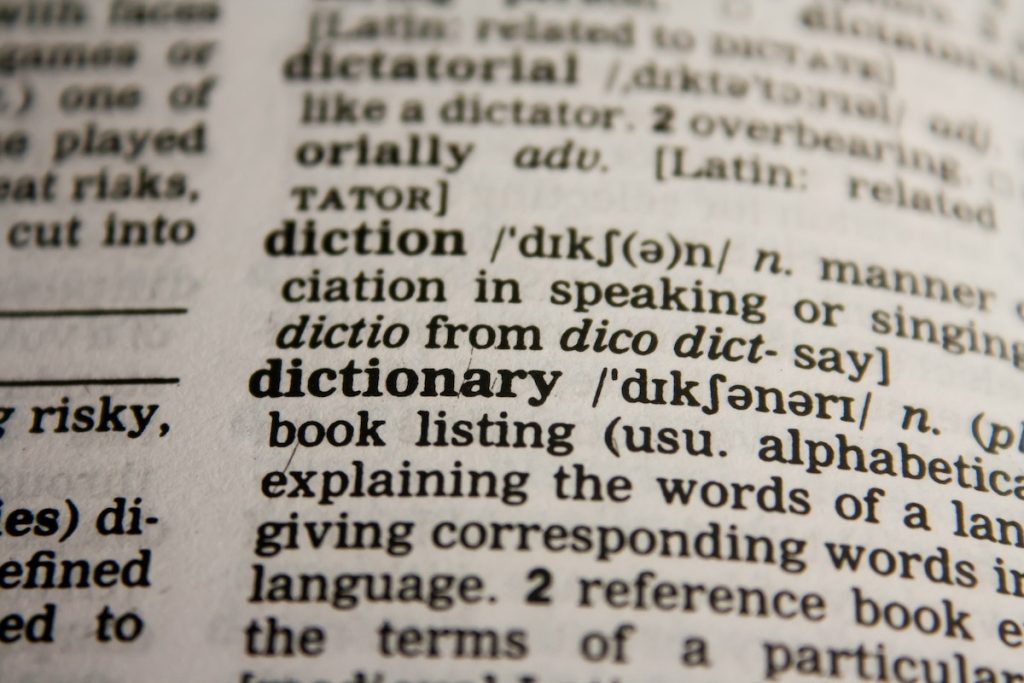Has it ever happened to you that you wanted to be a part of a conversation happening near you, but you did not find the right words—and so you stayed on the sideline? Is it not tiring to stay on the sidelines? Chances are you are missing the results of a good comprehension and communication skill.
You’re not alone. Many English language learners face the daunting challenge of initiating conversations, or approaching someone they’ve always wanted to talk to. Then they end up inhibiting their progress and feel isolated. It all happens due to lacking in communication.
Truth is – as long as you can express what you want to say well, no one cares about whether you have a broken English, or whether you are able to speak in a fancy accent or not. The key to communication is reaching your intentions to the other side of the room.
However, yes, having a good command over your English does really help there. Fret not, if communication and comprehension is what you have been seeking for, you are in the right place.
In this article, we’ll get into the art of breaking the ice and equip you with a powerful arsenal of conversation starters tailored specifically for English language learners. Whether it’s about navigating small talks, making new friends, or aiming to excel in professional settings, we are hopeful this article will help you, even if for a little bit. So, keep reading till the end!
Why Are Conversation Starters Important
Imagine being at a neighborhood party, surrounded by friendly faces and the mouthwatering aroma of food. You want to strike up a conversation with your fellow party-goers, but there is a problem. You feel a knot of nervousness in your stomach. As someone who is still learning English, the thought of starting a conversation in English, which is not your native tongue becomes intimidating. You are standing in a circle, desperately searching for the right words to say, while others effortlessly engage in lively discussions.
This is why conversation starters are important. The way you start, or enter a conversation — serves as your trusty companions. It helps you break the ice and connect with others on a deeper level.
With a well-chosen conversation starter, such as asking about what their favorite activities are, or sharing a funny anecdote about a relatable thing for the involved people, you can instantly spark engaging conversations and leave a lasting impression.
Conversation starters are more than just friendly greetings; they act as bridges that bridge the gap between strangers, allowing you to find common ground and shared interests. They help you overcome the fear of starting conversations, boosting your confidence and making social interactions a breeze.

Comprehension is Important Too
Now, comprehension ability is as much important as making communication efforts is. Comprehension lies at the heart of effective communication in English, or for that matter, in any language.
What is comprehension? It is the ability to fully understand and interpret the message which is being conveyed by others. When you have a strong comprehension skill, you can accurately comprehend the meaning, intent, and nuances of any forms of communication. This understanding allows for clear and meaningful communication exchanges between all involved.
If you are not understanding and interpreting a message, the communication can hit walls. It leads to misinterpretations and misunderstandings, and then confusion occurs. Ultimately, it hurts communication badly. It can happen between family members, friends, co-workers, lovers, and everyone.
Comprehension not only involves understanding the words being spoken or written but also entails comprehending the context, tone, and non-verbal cues. It involves actively listening, observing, and processing information in real-time.
Sometimes, comprehension and communication is difficult for those who do not have the best English language skills and are still trying to learn. But, fear not. Ultimately what matters is that how much effort you are able to express your thoughts and ideas accurately.
For example, if you are in a conversation with someone and you did not understand something they said, it’s very important to ask them to repeat what they said. That way, both can be on the same page.
By prioritizing comprehension and communication both, you are enabling someone to participate in meaningful and effective conversations, while also expressing your own expressions clearly. After all, communication is a two-way approach.
Practice Makes Perfect: This Is What You Should Care About
Let’s come to the real discussion. Above all the ways of communication, Practice is the most essential component of improving your communication skills. Engaging in regular practice does all the wonders. It helps you to actually apply what you have learned in real-life situations.
The increased confidence, fluency, and the ability to adapt to various communication scenarios – you see all the results when you do practice.
Practicing conversation starters allows learners to build confidence by actively engaging in conversations. For example, through consistent practice, you become familiar with common phrases and expressions. This enables you to initiate conversations more easily and maintain engaging dialogue.
Why else? There are several other reasons. The practice you do today, will help you tomorrow – to adapt to different communication techniques, such as active listening, asking follow-up questions, and responding appropriately in various social and professional settings.
Vocabulary has a big role in how you communicate too. For which, you can check out our flashcard-style Vocavive App. This app helps you to learn your vocabulary with practice.
The bottom line is this – you have to dedicate time and effort to consistently improve your communication. Remember, practice truly makes perfect, and consistent practice is the key to achieving communication success.
Starting Conversations for Small Talk
Engaging in small talk is a valuable skill for building connections and initiating conversations in various social settings. Here are some conversation starters specifically tailored for small talk:
- Weather: Weather is a common topic that can easily initiate conversations. Start by commenting on the current weather or asking about seasonal preferences. For example, “Isn’t it a beautiful day today?” or “Do you prefer warm summers or snowy winters?”
- Hobbies and Interests: Asking about hobbies and interests is a great way to find common ground. Inquire about their favorite pastimes, sports, or leisure activities. For instance, you can say, “What do you enjoy doing in your free time?” or “Have you picked up any new hobbies recently?”
- Current Events: Discussing current events is a surefire way to strike up a conversation. Ask about their thoughts on recent news stories, trending topics, or local events. For example, you can say, “Did you hear about the new art exhibition in town?” or “What are your thoughts on the latest sports championship?”
Conversation Starters for Making A New Friendship
When aiming to make new friends and expand your social network, using appropriate conversation starters is key. Here are some conversation starters for making friends:
- Introduction and Background: Begin by introducing yourself and sharing a bit about your background. Ask about theirs in return. For instance, say, “Hi, I’m [Your Name]. Nice to meet you! Where are you from?”
- Shared Experiences: Find common experiences or situations that you both can relate to. It could be attending the same event, being part of the same class, or even living in the same neighborhood. Use these shared experiences as conversation starters. For example, say, “I noticed we’re both taking the same English class. How are you finding it?”
- Interests and Passions: Discover shared interests by asking about their hobbies, favorite books, movies, or music. You can say, “What are your favorite hobbies or activities?” or “Have you read any interesting books or watched any good movies lately?”
Initiating a Conversation in A Professional Setting
In professional environments, using appropriate conversation starters helps establish connections and foster positive relationships. Here are some conversation starters suitable for professional settings:
- Networking: Start by introducing yourself and expressing your interest in connecting professionally. Ask about their role or industry, and share a bit about your professional background. For example, say, “Hi, I’m [Your Name]. I noticed you work in marketing. I’m interested in learning more about that field. Could you tell me about your experience?”
- Industry Trends: Discussing industry trends is a great way to engage with professionals. Inquire about their thoughts on recent developments or emerging technologies within the industry. For instance, you can say, “What do you think about the latest trends in digital marketing?”
- Professional Goals: Ask about their professional aspirations and goals. Inquire about their career path or any exciting projects they are currently working on. You can say, “What are your professional goals for the upcoming year?” or “Tell me about an interesting project you’ve been involved in recently.”
In Conclusion
Throughout this blog, we have explored various aspects of English comprehension and communication, from the significance of conversation starters to the importance of practice. Comprehension is not limited to understanding the literal meaning of words. It involves context, inference, and cultural awareness. However, comprehension alone is not enough; it must be coupled with effective communication skills. Through the use of conversation starters, learners can confidently initiate conversations, build connections, and express themselves fluently.
Stay with Edvive.


